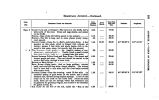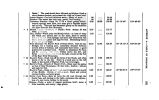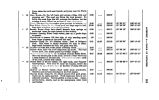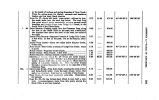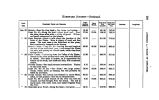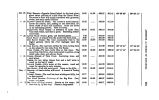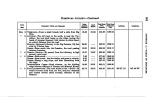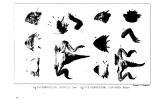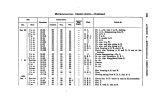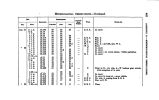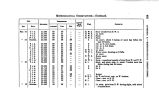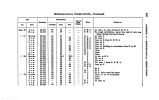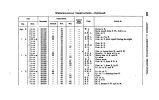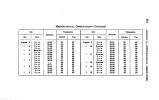| OCR Text |
Show 112 STOLEN MULE- HASTINGS'S CUT- OFF. left had been destroyed by insects. While at this camp, one of our best mules was stolen. A couple of men, whom I had sent back across the plain to search for a revolver that had been lost in our last night march, reported, on their return to the camp, that they had discovered the tracks of two Indians on our trail, and had seen their fires in the mountains. These stealthy depredators must have followed us at a distance and watched their opportunity to plunder. The only wonder is that they did not steal more than a single mule; for the country was so utterly desolate, that we never once thought that any human being would ever be found where we had passed, except from absolute necessity, and consequently the vigilance of our night- guard was relaxed. Snow fell the night before we left this camp, and covered the ridge about halfway down from its summit. Friday, November 2.- Ther. at sunrise, 19°. As we were aware that immediately before us lay another desert plain, without wood, water, or grass, for seventy miles, some little preparation was necessary before undertaking to cross it. This consisted simply in baking bread and cooking meat enough to last us through, and in packing upon our mules as much grass as they could carry, which we had cut, a handful at a time, with our hunting- knives. We had only vessels sufficient to carry twenty gallons of water- a small supply for so many men and animals. The mules, however, were now much recruited by their rest, and we started in good spirits. Following the western edge of the mud- plain at the foot of the range for three miles, we came to the southern point of the mountain, where there had been an encampment of emigrants, who had taken this route from Salt Lake City in 1848. There were here several large springs of excellent water, and the encampment had apparently been quite a large one. The usual destruction of property had taken place. Clothes, books, cases of medicine, wagon-wheels, tools, & c, lay strewn about, abandoned by their owners, who had laboriously brought them two thousand miles only to throw them away. The route from the Salt Lake to this point was first taken by Colonel Fremont, in 1845. A year afterward, it was followed by a party of emigrants under a Mr. Hastings, whence its present name of " Hastings's Cut- off." A portion of his company, which had followed at some distance behind him, becoming belated in crossing the Sierra Nevada Mountains, a number of them perished, and the remainder were reduced to the revolting necessity t |
































































































































































































































































































































































